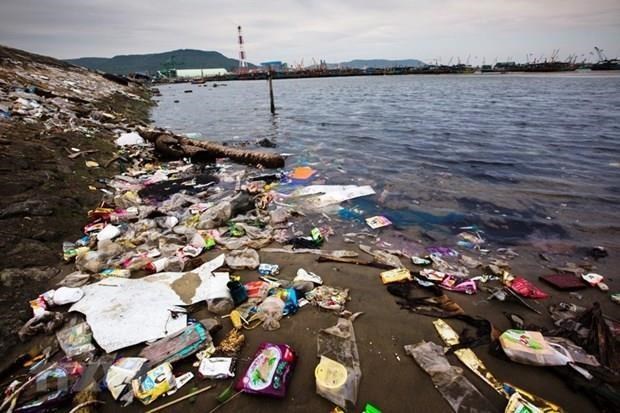The Government has assigned the Ministry of Natural Resources and Environment and the Viet Nam Administration of Sea and Islands to design a national action plan on reducing marine debris towards 2030.

Dr. Ta Dinh Thi, head of the administration, said that along with strong political commitments and actions in managing and cutting down plastic waste, including marine debris, the Government has drastically implemented policies and measures to control environmental pollution in face of the increasing plastic waste.
The measures focus on reducing the use and strengthening the recycling and reuse of plastic products, promoting the building of a circular economy as well as green growth.
The objectives of the plan is to succeed in managing plastic waste in the ocean, making Viet Nam a pioneering country in the region in reducing marine debris, while creating breakthrough and basic changes in public awareness and behaviors in producing, consuming and discharging plastic products as well as collecting and handling plastic waste.
Viet Nam targets that in 2025, the country will build and complete mechanisms and policies on marine debris management, cutting down 50 percent of the debris and collecting 50 percent of lost or broken fishing equipment. Up to 80 percent of tourism sites and coastal service facilities are expected to say no to single-use plastic products and undegradable plastic bags. Meanwhile, 80 percent of maritime reserves are hoped to be free from plastic waste.
Annual and regular observation will be conducted at some estuaries, along with scientific research on primary microplastics’ impact on human’s health.
An international centre on marine debris will be set up, and a data system on plastic waste formed.
By 2030, Vietnam will manage to have 100 percent of coastal tourism sites and service facilities not using single-use plastic products and plastic bags, and 100 percent of marine reserves not having plastic waste.
Plastic waste released to the ocean is expected to reduce by 75 percent.
The draft plan of actions sets seven major tasks, including strengthening communications to enhance public awareness of reducing plastic waste, and developing, applying and transferring plastic waste treatment at sea, as well as promoting international cooperation in managing marine debris.
Alongside, it also sketches out five solutions, including mobilising domestic and foreign resources for the implementation of the plan, and giving training for officials from management and research organisations in the field.